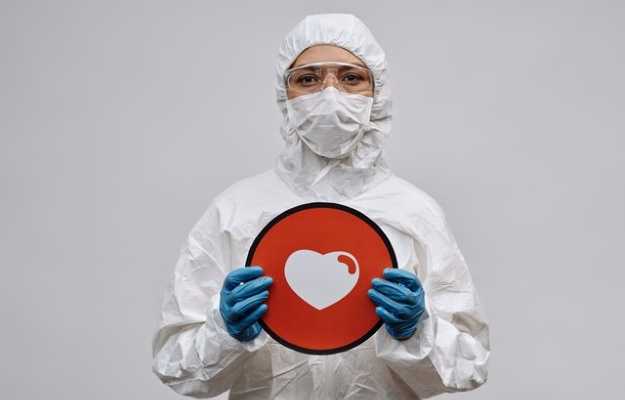As of 3 October 2020, more than 34 million cases of COVID-19 have been reported across the world. The common symptoms of the disease are fever, cough, headache and shortness of breath. However, the elderly and those with pre-existing comorbidities (health conditions like hypertension, diabetes or heart disease) are prone to get severe symptoms of COVID-19 such as breathlessness, bluish discolouration of lips and face, pneumonia and convulsions. Apart from damaging the lungs, scientists have found that the COVID-19 virus has the potential to cause both temporary and permanent damage to other vital organs of the body such as the heart, kidneys and the brain.
One of the most common heart problems associated with COVID-19 is myocarditis or inflammation of the heart muscle. This inflammation can impair heart function, as the swollen heart muscle may not be able to pump blood efficiently to all parts of the body. In some cases, this swelling goes down as the patient recovers from the viral infection. However, in others, it gets worse. Some potential complications of undetected and untreated myocarditis are:
- Heart failure
- Heart attack
- Arrhythmia or irregular heartbeat
- Sudden cardiac death
Experts say that while heart problems have been noted in some other viral infections too, they may be made worse in COVID-19 if the infection triggers an exuberant immune response called a cytokine storm (the release of too many cytokines or proteins that immune cells use to talk to each other and mediate inflammation, etc.).
Another concerning factor is the formation of blood clots in COVID-19. While big clots can cause a heart attack or stroke, smaller ones can block the tiniest blood vessels (capillaries) and cause wide-spread damage.
Let's find out more about how COVID-19 affects the heart.



































